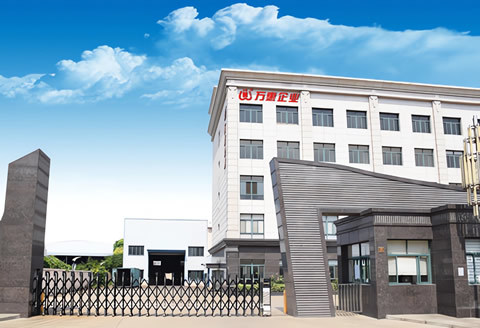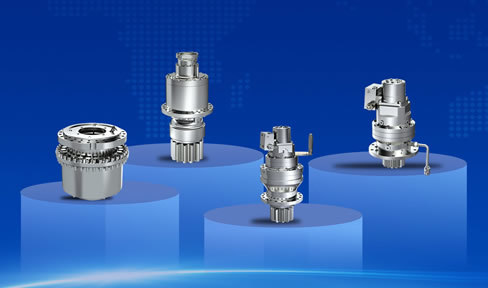Precautions for using reducer lubricating oil
2025-04-29

1. For gear reducer systems with centralized lubrication for thin oil, due to the relatively strict requirements for lubricating oil or oil tank temperature, coolers (steam cooling) or cooling coils (water cooling) are usually used for cooling. Although gear oil is required to have good anti-emulsification properties, after a considerable amount of water seeps into the oil, the oil is very easy to emulsify. After the gear oil with extreme pressure anti-wear additives is emulsified, the additives are hydrolyzed or precipitated and separated, losing their original properties and producing harmful substances, causing the gear oil to deteriorate rapidly and lose its usability. Tieba lubricating oil engineers remind everyone that emulsified oil should absolutely not be used continuously. For water (or steam) cooled lubrication systems, be sure to prevent water (steam) leakage to avoid unnecessary damage to the reducer.
2. For gear reducer systems that use pumps for circulating lubrication, pay attention to the pressure difference of the pump and clean the filter screen in time. If the pressure difference of the pump is large in a short period of time, or the frequency of cleaning the filter screen increases significantly, and the oil sludge and metal chips on the filter screen increase significantly, it indicates to a certain extent that the lubricating oil is not in a good state of use. In addition to material and design issues, it can be said that the lubricating oil is not selected reasonably: firstly, the viscosity is not suitable, and secondly, heavy load can be used instead of medium load, that is, using a higher grade of gear oil, the effect will be significantly improved.
3. Mixing new oil with old oil must be avoided (instead of refilling according to regulations), or adding high-viscosity oil to achieve a certain viscosity due to viscosity reduction. This may have some short-term effects, but the performance of the oil will decrease significantly, and the lubrication conditions of the equipment will deteriorate, leading to increased wear and tear, and to a certain extent, shortening the service life of the equipment. In addition, due to different main agents, additive "fighting" may occur when mixing, causing the effects of the additives to cancel each other out, and the consequences for the equipment are unimaginable.
4. Regarding the oil change cycle, theoretically speaking, a shorter oil change period can better reduce the wear and tear of friction pairs and extend the service life of the equipment, and it also provides a necessary condition for ensuring its normal operation. However, from the perspective of economic benefits, oil products should be used more accurately and effectively. Whether to change the oil and when to change the oil, in addition to following the oil change regulations, should also be considered based on factors such as the equipment's operating time and operating rate, so that the oil can be used to the maximum extent.
5. Regularly monitor the oil temperature, vibration, and noise of the oil-using equipment. Because poor lubrication conditions cause damage to the tooth surface, it can directly lead to a significant increase in vibration and noise
Contact Us
Qidong Wan Hui Machinery Manufacturing Co., Ltd.
Address: Qidong Industrial Park, Jiangsu Province, CHINA.
Service Tel:400-112-9000
Tel:86-513-68262188(Fax same number)
Website: http://www.qdwhjx.cn













